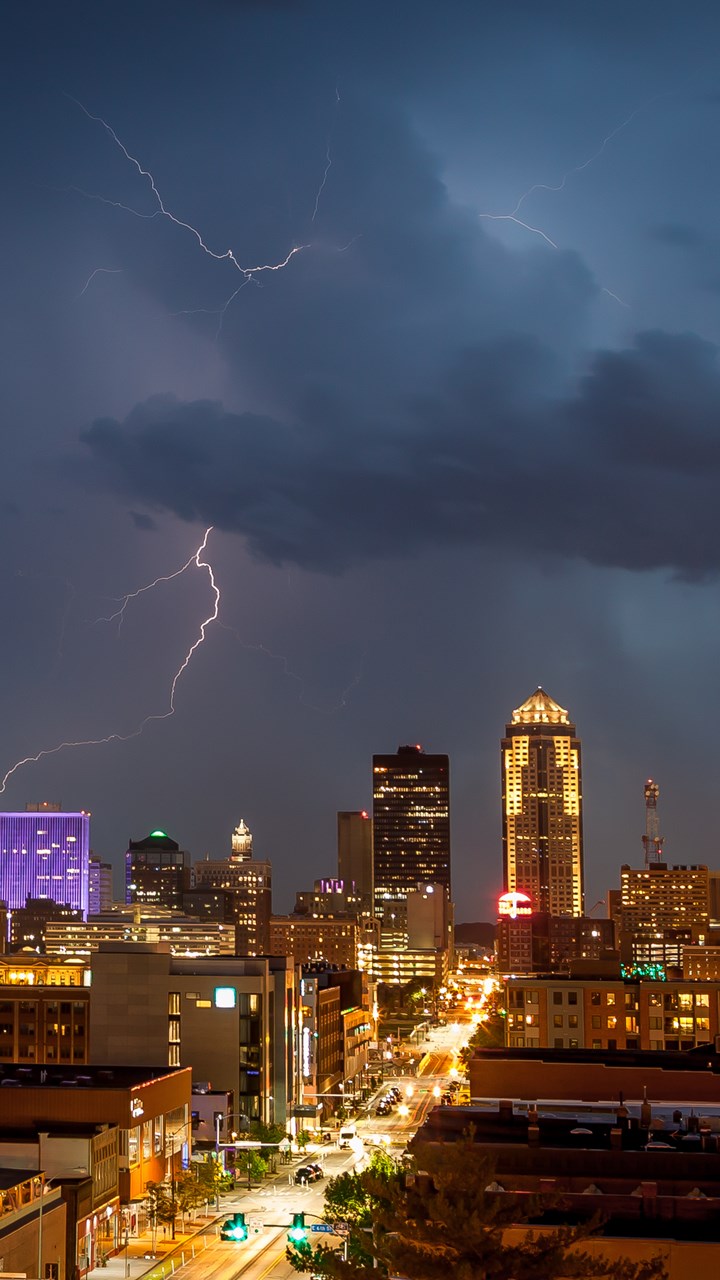Fires


Each year, more than 4,000 Americans die and more than 25,000 are injured in fires. Direct property loss due to fires is estimated at $8.6 billion annually. Many of those fires could have been prevented.
To protect yourself, it is important to understand the basic characteristics of fire. Fire spreads quickly; there is no time to gather valuables or make a phone call. In just two minutes, a fire can become life-threatening. In five minutes, a residence can be engulfed in flames.
Heat and smoke from fire can be more dangerous than the flames. Inhaling the super-hot air can sear your lungs. Fire produces poisonous gases that make you disoriented and drowsy. Instead of being awakened by a fire, you may fall into a deeper sleep. Asphyxiation is the leading cause of fire deaths, exceeding burns by a three-to-one ratio.
The following are things you can do to protect yourself, your family, and your property in the event of a fire:
Smoke Alarms
- Install smoke alarms. Properly working smoke alarms decrease your chances of dying in a fire by half.
- Place smoke alarms on every level of your residence. Place them outside bedrooms on the ceiling or high on the wall (4 to 12 inches from ceiling), at the top of open stairways, or at the bottom of enclosed stairs and near (but not in) the kitchen.
- Test and clean smoke alarms once a month and replace batteries twice a year when you move your clocks ahead or back for Daylight Savings Time. Replace smoke alarms once every 10 years.
Escaping the Fire
- Review escape routes with your family. Practice escaping from each room.
- Make sure windows are not nailed or painted shut. Make sure security gratings on windows have a fire safety opening feature so they can be easily opened from the inside.
- Consider escape ladders if your residence has more than one level, and ensure that burglar bars and other anti-theft mechanisms that block outside window entry are easily opened from the inside.
- Teach family members to stay low to the floor (where the air is safer in a fire) when escaping from a fire.
- Clean out storage areas. Do not let trash, such as old newspapers and magazines, accumulate.
- Install A-B-C-type fire extinguishers in your residence and teach family members how to use them.
In the Event of a Fire
- Call 9-1-1 immediately! Get everyone out of the house!
- If the fire is contained, you have a fire extinguisher nearby and have training to use it, you may choose to attempt to put the fire out yourself.
- Do not try to put out a fire that is getting out of control. If you’re not sure you can control it, get out of the house.
- Smother oil and grease fires in the kitchen with baking soda or salt, or put a lid over the flame if it is burning in a pan.
- If your clothes catch on fire Stop, Drop, and Roll until the fire is extinguished. Running only makes the fire burn faster.
- Sleep with your door closed. If you wake up to the sound of a smoke detector, feel the doorknob with the back of your hand before you open it. If the doorknob is cool, leave immediately. Close doors behind you.
- If you are in a high rise do not use elevators!
- Be prepared to crawl – smoke and heat rise, so the air is clearer and cooler near the floor. If the doorknob is hot, escape through a window.
- If smoke, heat, or flames block your exit routes stay in the room with the door closed. Signal for help using a bright-colored cloth at the window. If you have an operating telephone in the room, call 911 and tell them where you are.
- Have your family meet at a pre-designated area outside the house. If any members of the family are missing, notify firefighters.
- If you don’t have a set plan for exiting your home in an emergency, create one and practice it.
- If you are escaping through a closed door, feel the door before opening it. If it is warm, use your second way out. Once you are out, stay out! Call the fire department from a neighbor’s home.
After a Fire
- Have injuries examined and treated by a medical professional.
- Wash small wounds with soap and water. To help prevent the infection of small wounds, use bandages and replace them if they become soiled, damaged or waterlogged.
- Remain calm. Pace yourself. You may find yourself in the position of taking charge of other people. Listen carefully to what people are telling you, and deal patiently with urgent situations first.
- Check with the fire department to make sure your residence is safe to enter. Do not remove or cross colored tape that was placed over doors or windows to mark damaged areas unless local authorities advise that it is safe to do so.
If a building inspector has placed a color-coded sign on the home, do not enter it until you get more information, advice and instructions about what the sign means and whether it is safe to enter your home.
